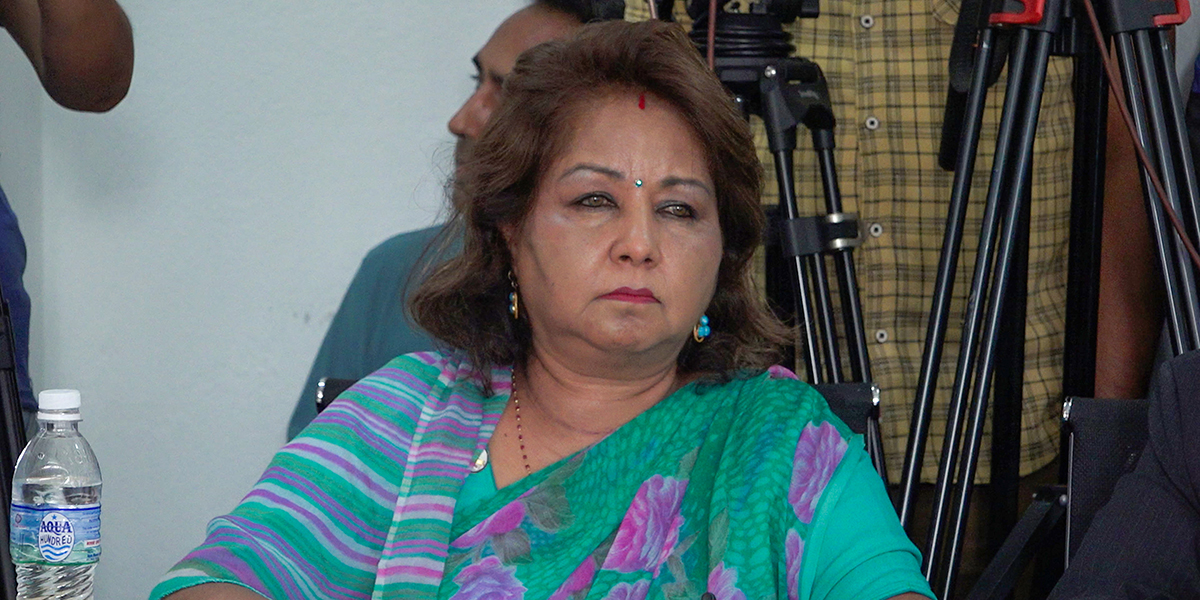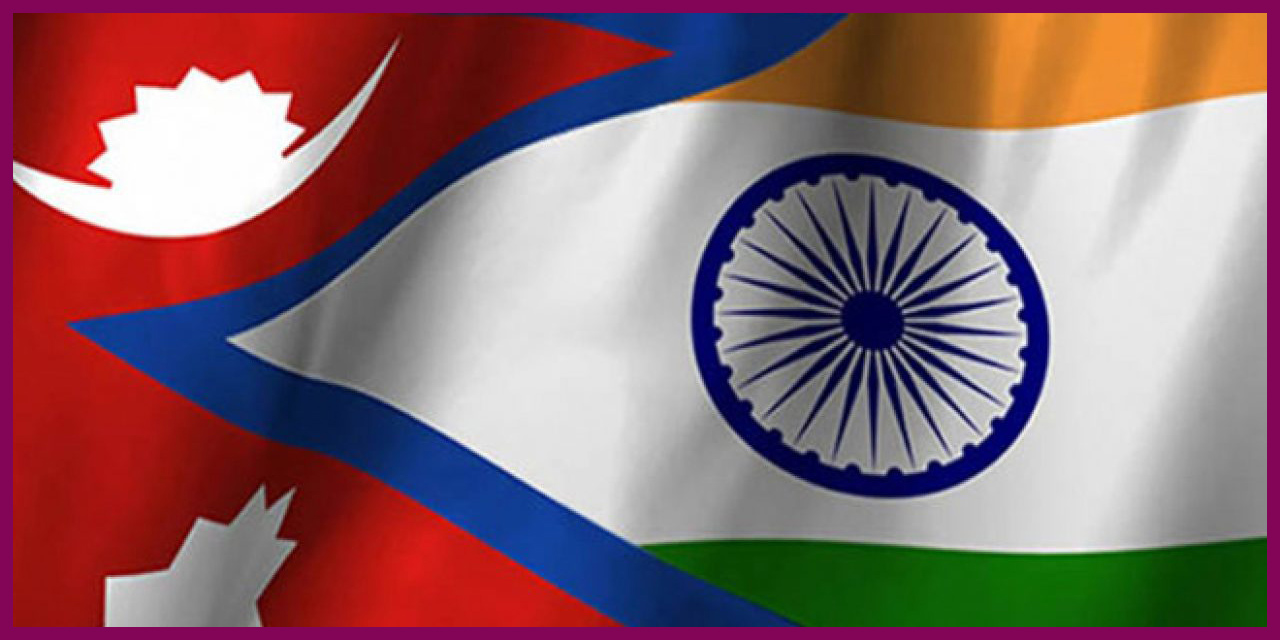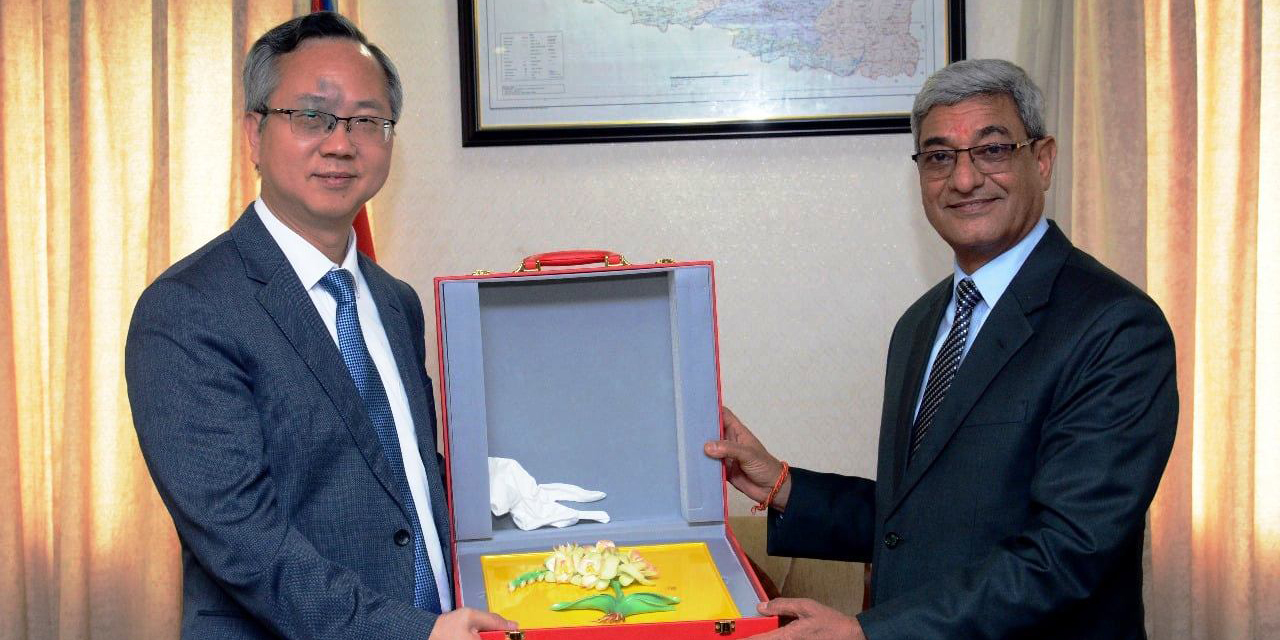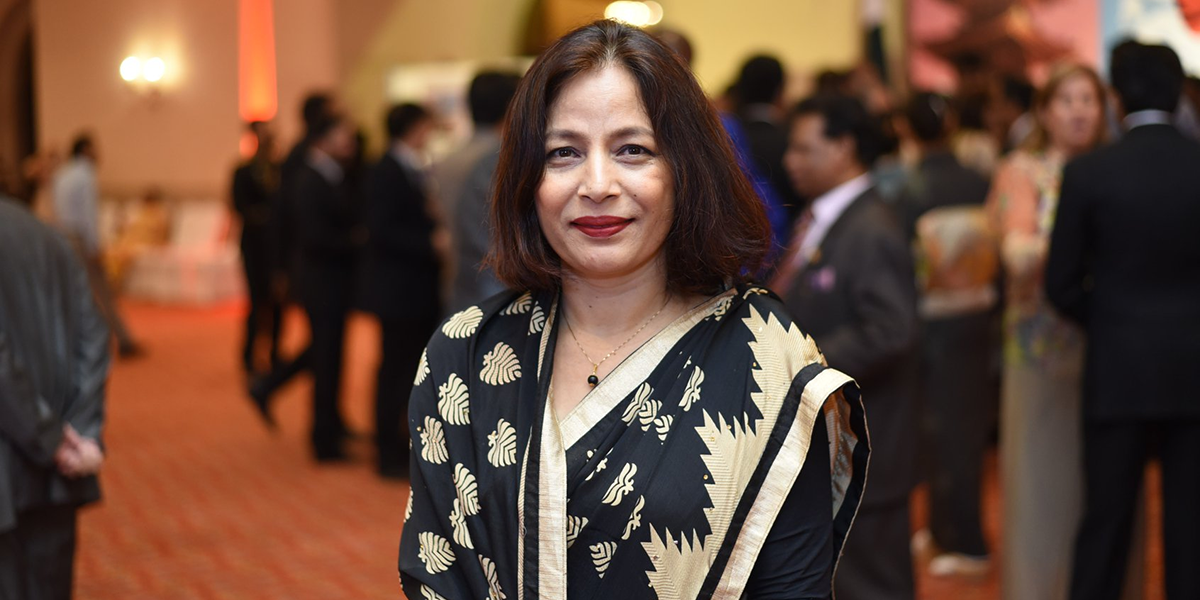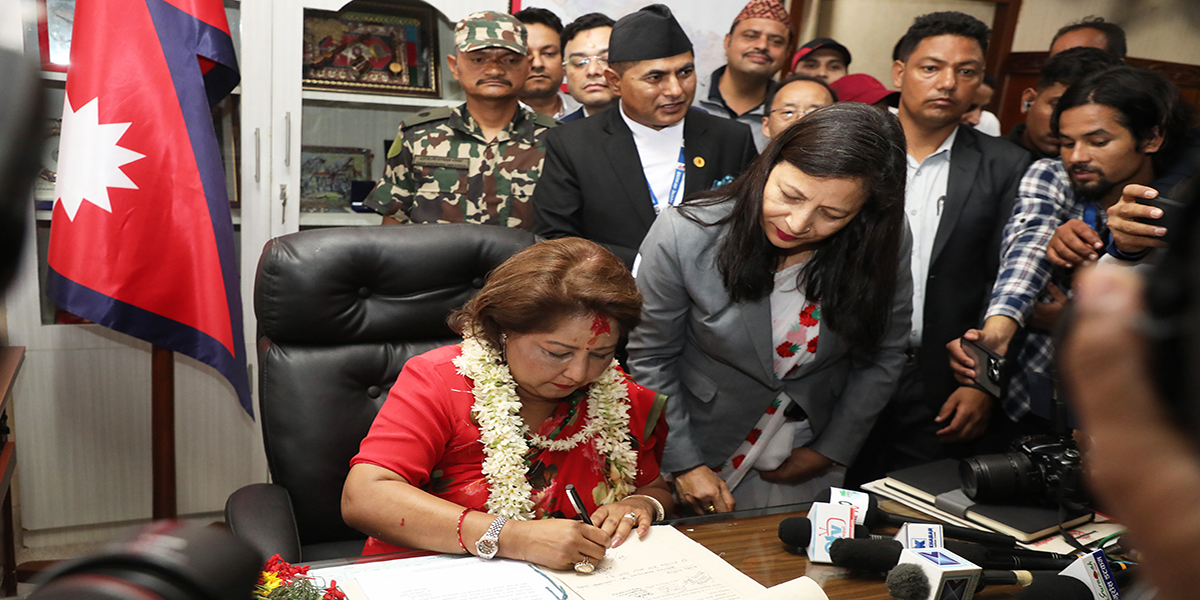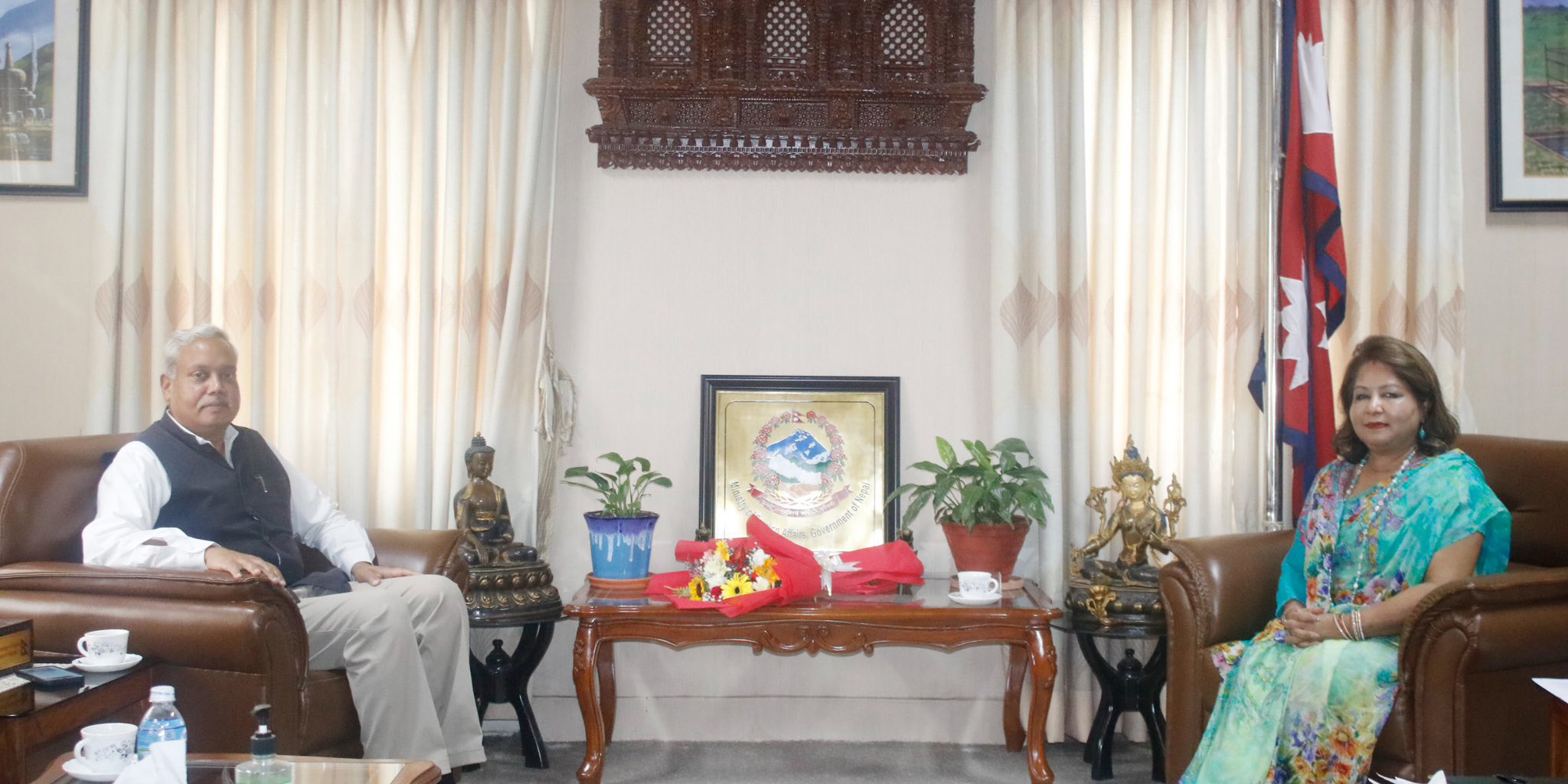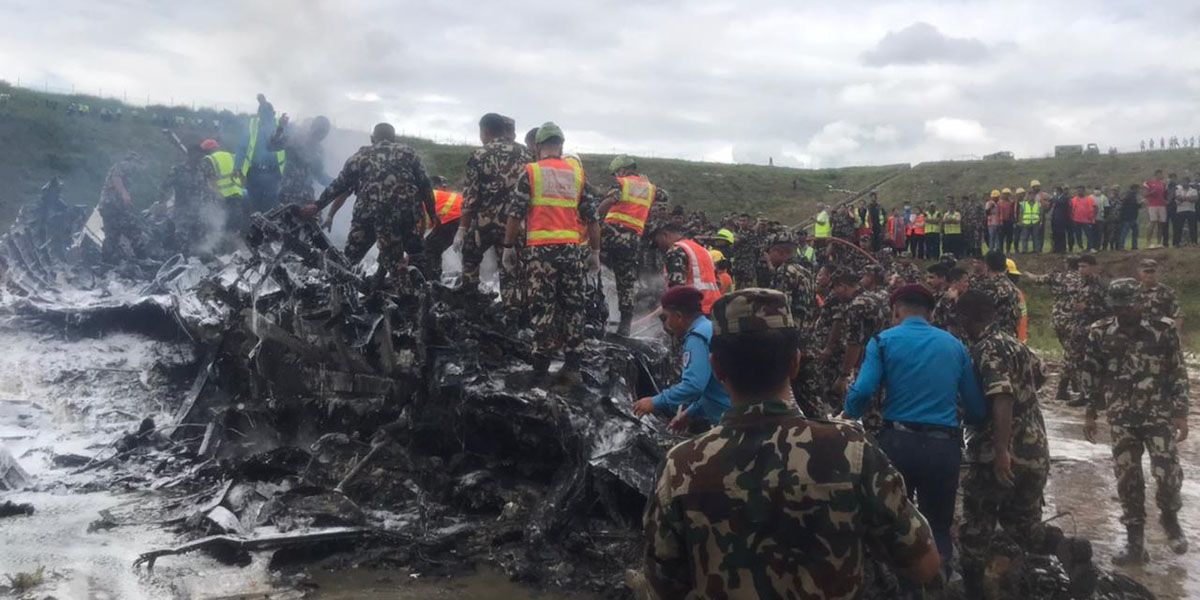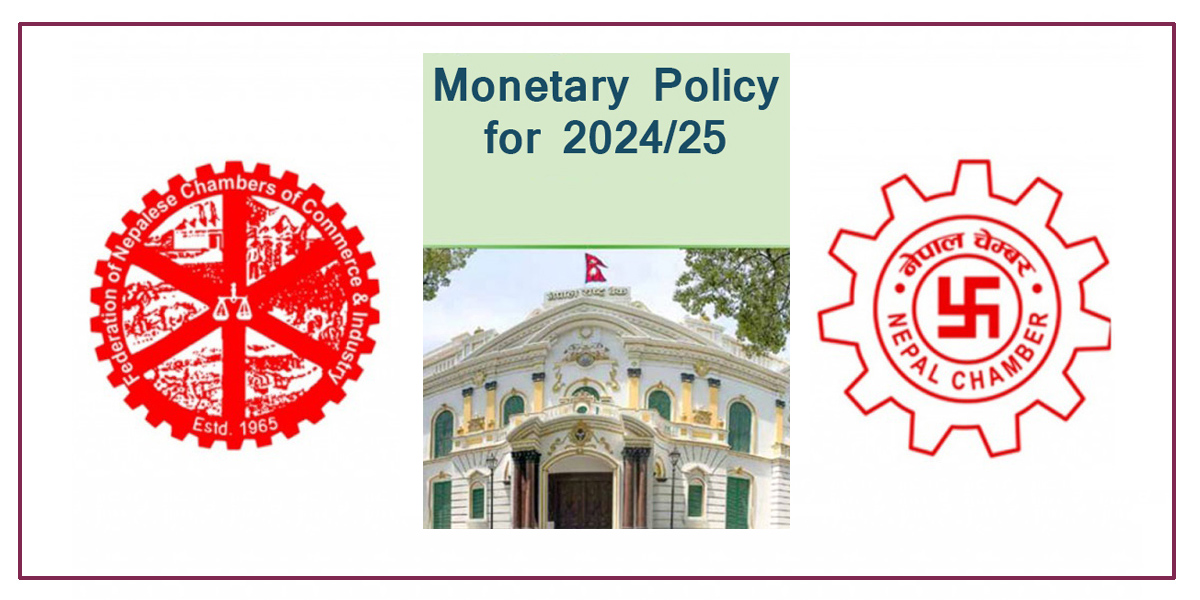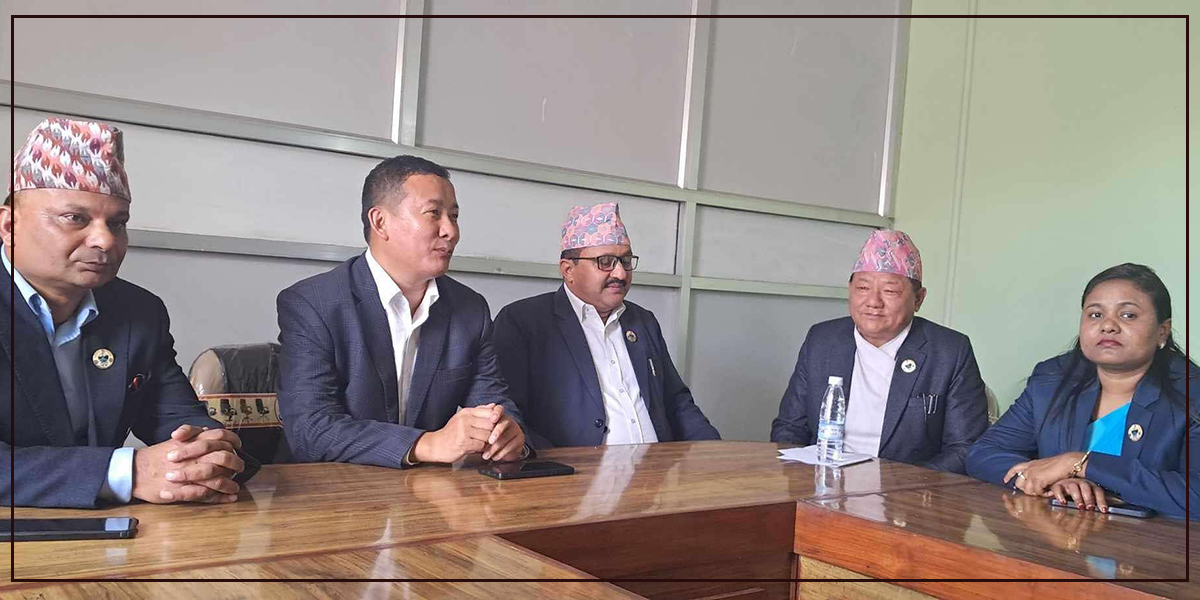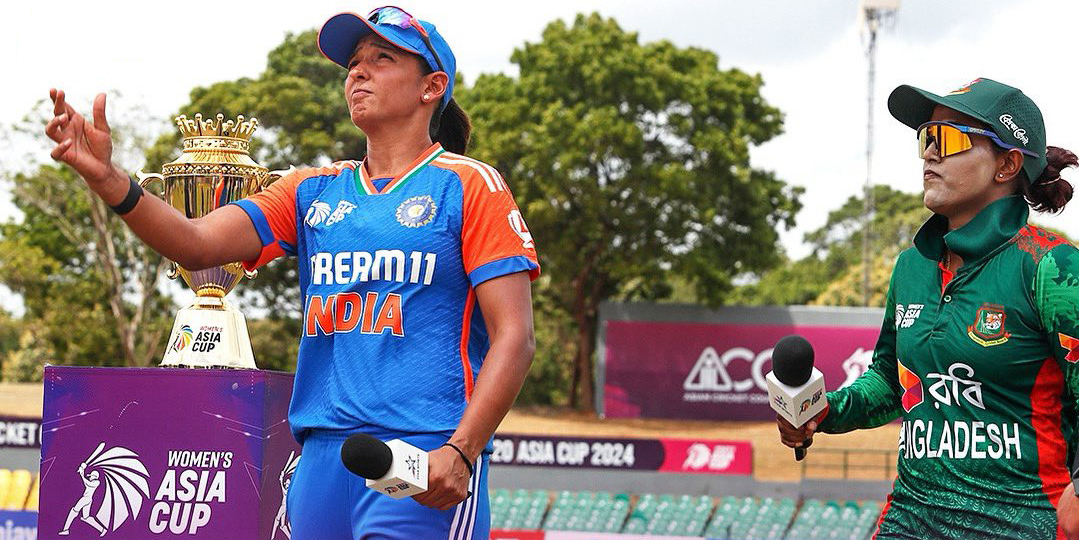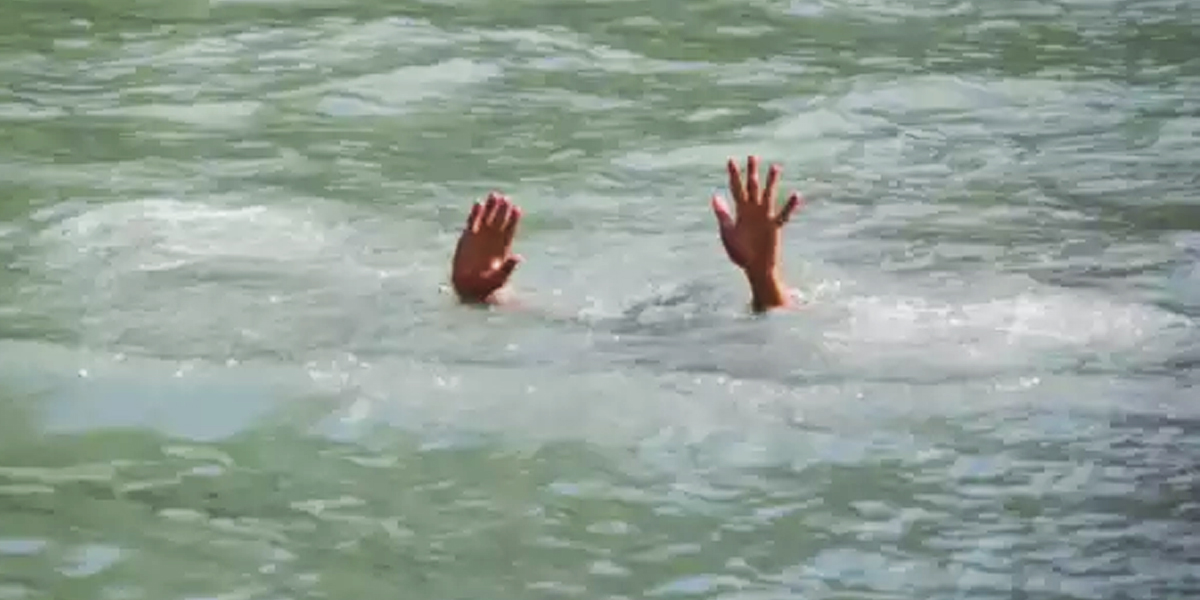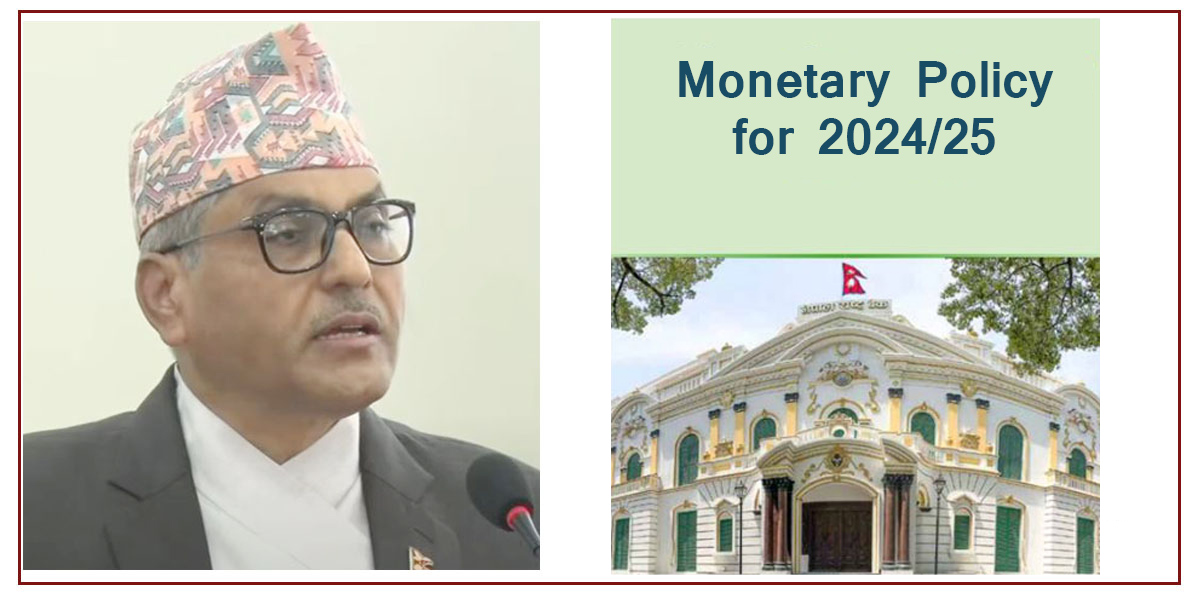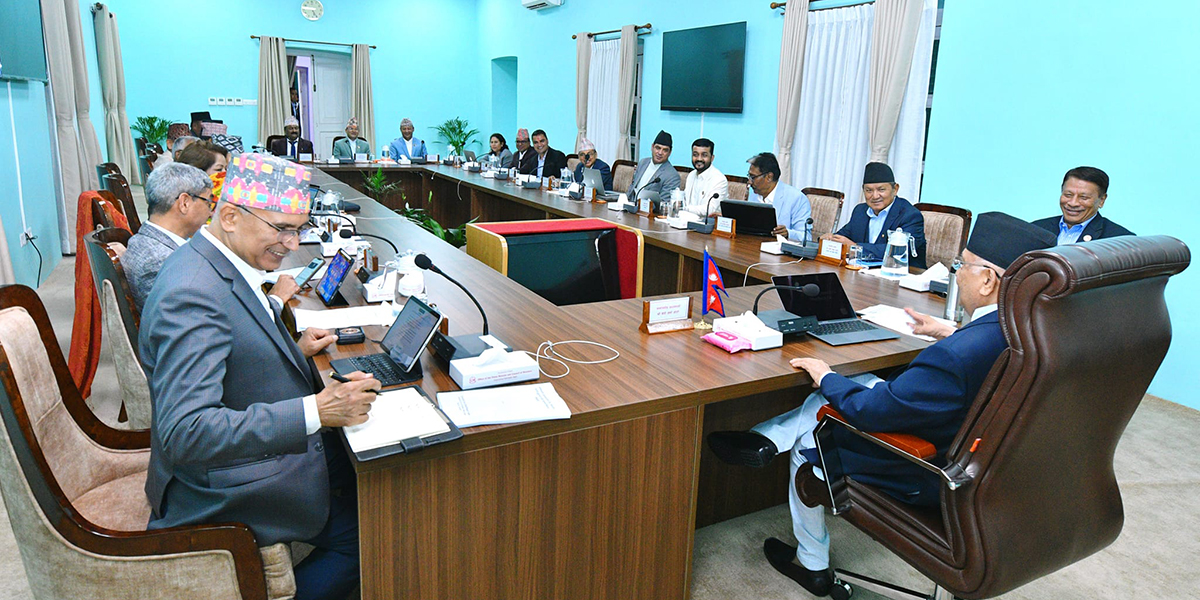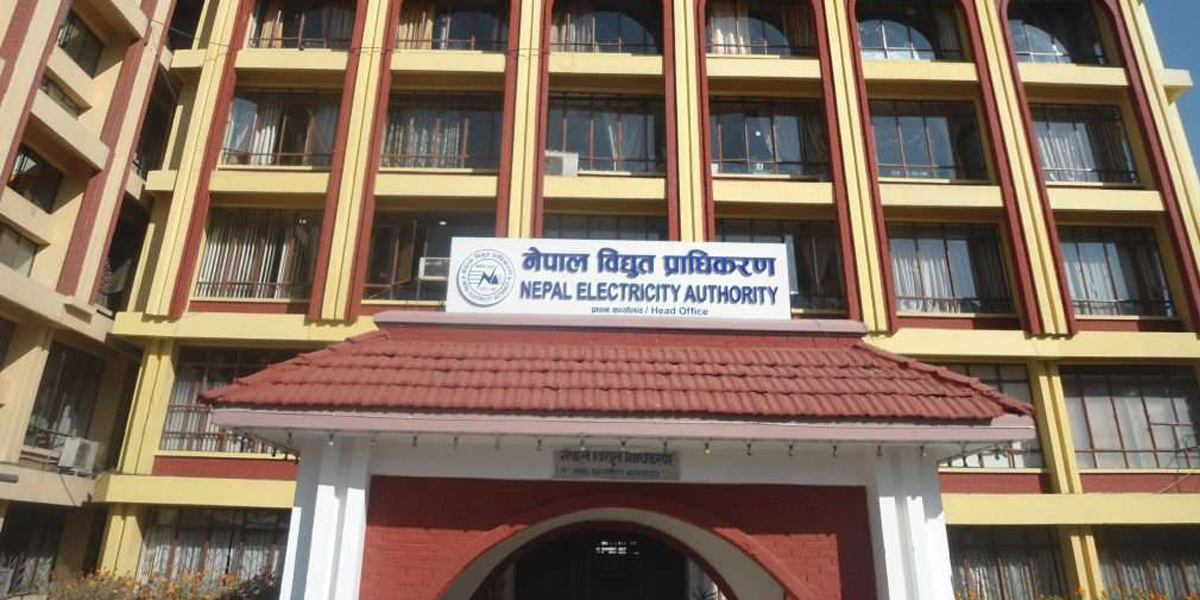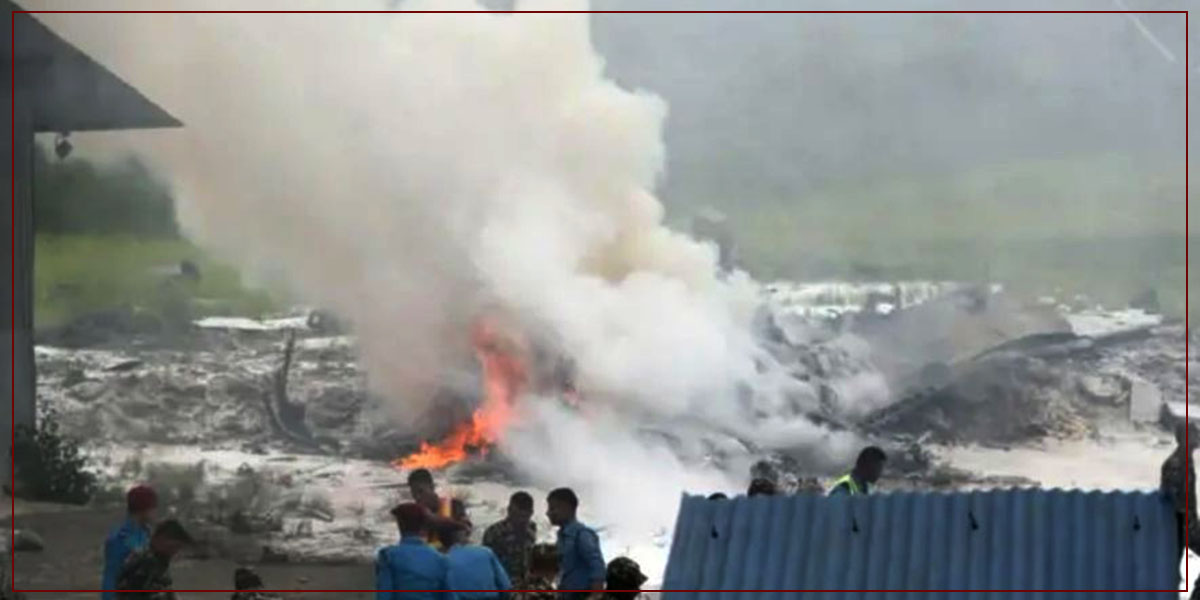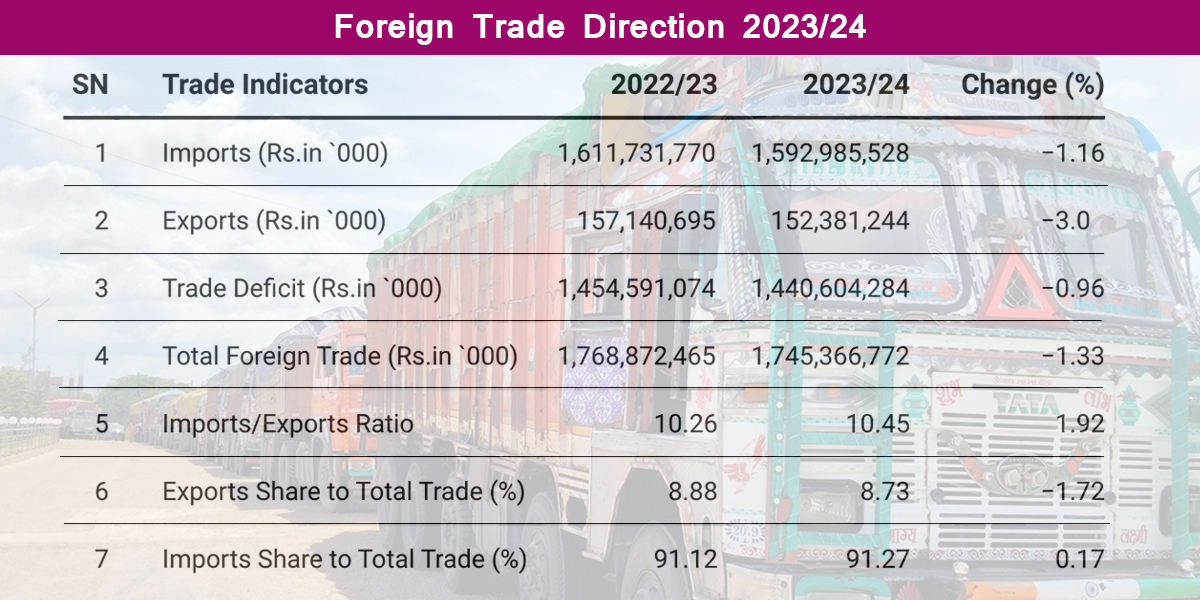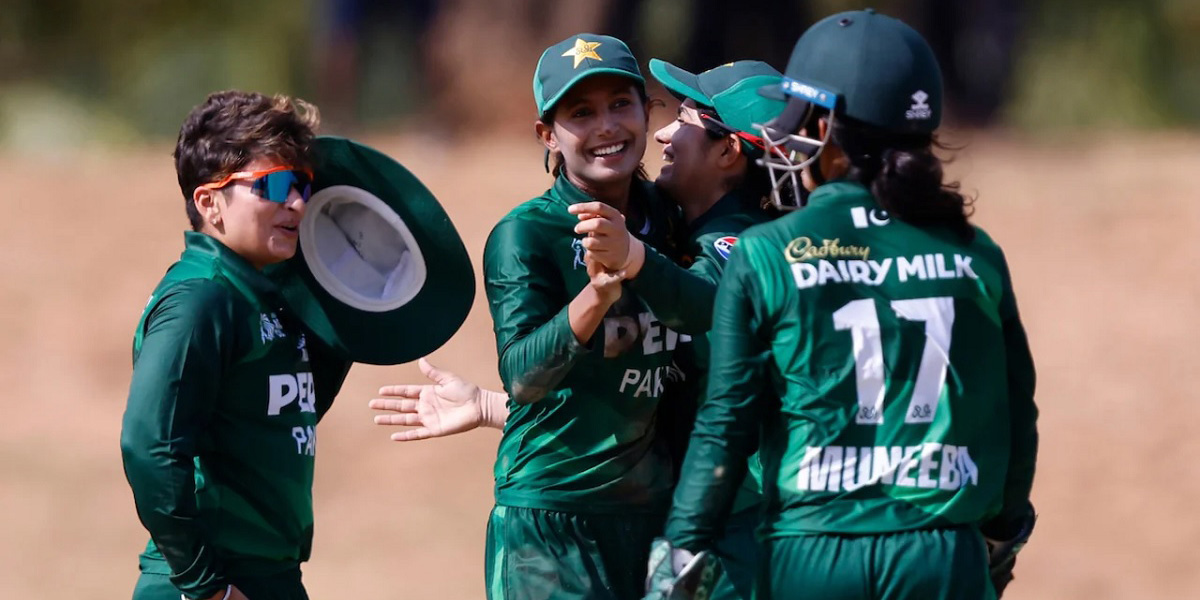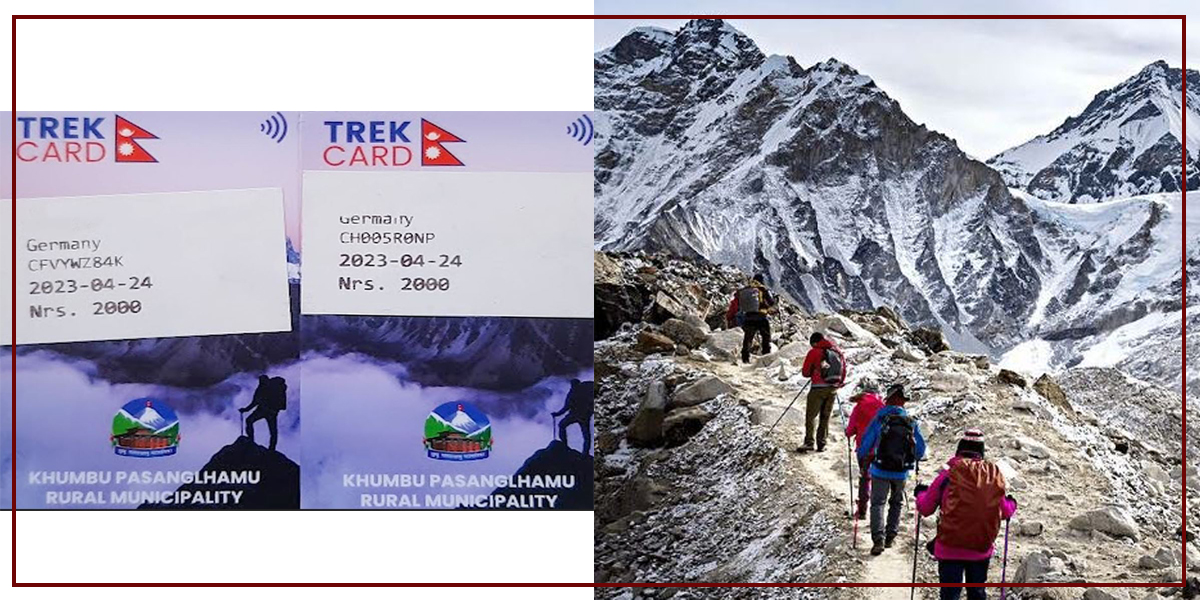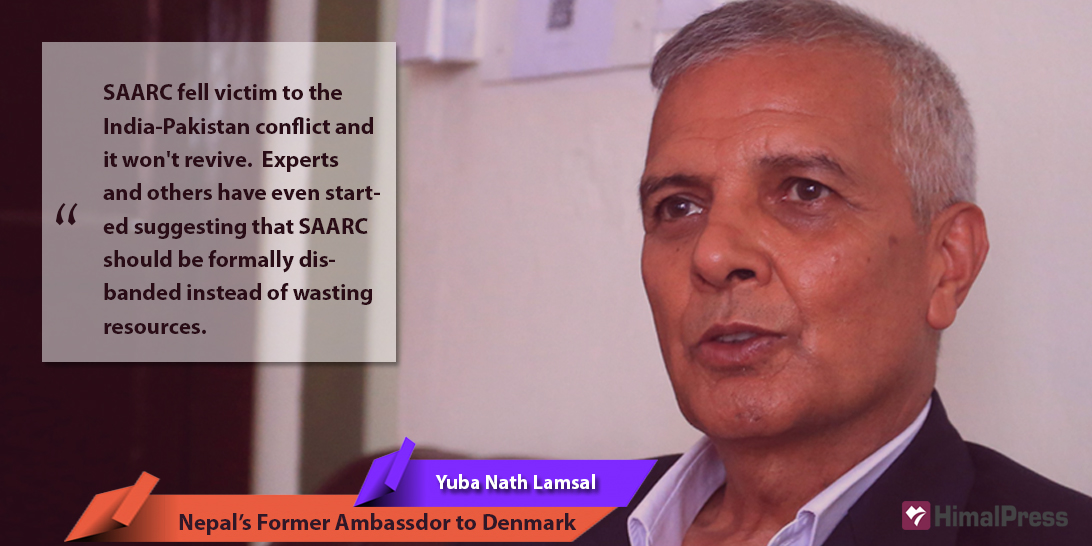
Yuba Nath Lamsal is Nepal’s former ambassador to Denmark. A seasoned journalist, Lamsal also served as the Editor-in-Chief of state-run The Rising Nepal Daily. He has also advised CPN (Maoist Center) and Prime Minister Pushpa Kamal Dahal on foreign policy matters. In an interview with Himal Press, Lamsal talked about Nepal-Denmark relations and a range of other issues related to national politics and foreign relations. Excerpts:
You are a journalist-turned-diplomat. How was the experience of leading the Nepali mission in Denmark?
You are correct. I worked as a journalist for over three decades. Even when I was a journalist, politics, foreign policy, and diplomacy were the fields of my interest. Although I was not a practicing or career diplomat, I had been closely watching foreign policy, international issues, and diplomatic activities. I have widely covered foreign policy issues and written many articles on foreign policy, diplomacy, and international relations, which were published in The Rising Nepal and other media.
I was appointed ambassador of Nepal to Denmark in 2017 and was also concurrently accredited to Norway, Sweden, Finland, and Lithuania. Being appointed as an ambassador was both exciting and challenging. Exciting in the sense that the government entrusted me with a greater responsibility, and challenging as it demanded action and results. I took up the new assignment as a challenge and did my best to promote Nepal’s national interests where I was assigned. So far as my experience is concerned, it is a mixed bag. I had raised the issues of our national interest with the leaders and officials of the countries I was assigned to, and they had taken them positively. An exchange of parliamentary delegations had been finalized, and dates were also announced. Similarly, exchanges of other visits at the political, official, and track two levels had also been planned. The COVID-19 pandemic seriously affected the last two years of my tenure, during which no activities could be carried out.
Denmark has long been supporting Nepal’s development endeavors. How did the bilateral relations progress during your tenure?
Bilateral relations between Nepal and Denmark are friendly and cordial. Danish people have great respect for Nepal. Nepal was a priority country for Denmark. At times, Denmark was an important development partner, and Denmark supported Nepal in various fields, including democratic development, human rights, education, media, and rural development. But Denmark’s focus shifted to Africa, and it phased out its programs in Asia, including Nepal and other regions. This was due to the change of priority of the Danish government. In 2014, a new government was formed in Denmark led by Prime Minister Lars Lokke Rasmussen, whose coalition parties announced drastic austerity measures. The austerity measures and budget cuts led to phasing out programs and closing down embassies in various countries in the world. Thus, Denmark also closed down its embassy in Nepal.
I tried to persuade Danish leaders and officials to rethink their decision and repeatedly asked them to re-establish their embassy in Kathmandu. In private, they realized the need to have their embassy in Nepal. But COVID disrupted everything.
Nepal opened its mission in Denmark while Denmark was preparing to shut its mission in Nepal. Did you take any initiative in reinstating the Danish mission in Nepal? Or did you get any instruction from our government for the same?
Nepal and Denmark established diplomatic relations in 1967. Denmark opened its embassy in 1992 at the level of Chargé d’Affaires and later upgraded to the ambassadorial level. Nepal opened its embassy in Denmark in 2006. Denmark decided to phase out its program in Nepal in 2014 and finally closed its embassy in 2017.
In diplomacy, reciprocity has its meaning and importance. But this may not always be the case. Nepal has established embassies in some countries that do not have their embassies in Kathmandu. Embassies and missions are established in accordance with the needs of the country. Our embassy in Denmark is responsible for eight different Nordic and Baltic countries—Denmark, Sweden, Norway, Finland, Lithuania, Latvia, Estonia, and Iceland. The number of Nepali nationals and people of Nepali origin is significant in the Nordic region, and this number is growing. Moreover, the Nordic region is important for various reasons. Our presence in the Nordic region is necessary.
I definitely tried to persuade Danish leaders and officials to rethink their decision and repeatedly asked them to re-establish their embassy in Kathmandu. In private, they realized the need to have their embassy in Nepal. But COVID disrupted everything. I am optimistic that Denmark will one day revisit its decision and reinstate its mission in Nepal. So far as the government’s instruction is concerned, I did not get any specific instruction from the government on this issue. However, foreign secretaries (Shankar Das Bairagi and Bharat Raj Poudyal) did consult and sought my opinion on the role and viability of our mission in Denmark.
Nepal has eight missions in Europe. Do you think a small country like ours needs to have so many missions there?
Yes, we have eight embassies in Europe. Occasionally calls for reviewing the role and effectiveness of our embassies in different countries also came up. Studies have also been done on this issue. We must review and relocate some of the embassies. We need an embassy in countries that have a large number of Nepali nationals. Some embassies need to be relocated.
You always wrote about how diplomats should work during your stint as a journalist, with a special focus on the economy and development. How was your performance on these fronts?
I made sincere attempts on this issue as well. Economic diplomacy is concerned with four aspects—aid, investment, trade, and tourism. The aid component is satisfactory. Although Denmark phased out its cooperation and support, Norway and Finland have continued to support Nepal economically. There are possibilities for bringing investment from these countries. Danish businesspeople are, of course, interested in investing and trading in Nepal. For both investment and trade, domestic policies also have their role, to a large extent. Foreigners often complain about our bureaucratic process when it comes to investment. Danish businesspeople complain about the higher transport cost of importing products from Nepal because of Nepal’s landlocked status. Investors go and invest in countries where there is a profit. If they see the possibility of profit in Nepal, they will definitely come here with investment. Since our neighbors are bigger markets and offer better incentives, investors and traders are attracted there more. We have to offer them better incentives than our neighbors are giving.
I had a series of discussions with leaders of Danish Industries (DI), an umbrella organization of Danish businessmen. They had agreed to send a delegation to Nepal to study the possibility of investment and trade. However, this too could not happen due to COVID.
As someone who led the Nepali mission abroad as a non-career diplomat, what approach do you think Nepali ambassadors should take to strengthen bilateral relations in the changed global context?
I faced no difficulty in handling things and discharging my duties despite being a non-career diplomat. All colleagues in the Ministry of Foreign Affairs and those in the embassy cooperated with me. You need to win trust and maintain good coordination with the Ministry and others. The success of diplomacy depends on how you win the trust of your colleagues. The ambassador is a team leader and has to act accordingly, winning the trust of your colleagues.
How do you think Nepal should navigate the geopolitical complexities in the changing world order?
The global geopolitical scenario has changed. The unipolar world order seems to be crumbling. New powers and new players are rising in international politics. The Atlantic-centric international power is shifting to Asia or the Indo-Pacific region. Our two immediate neighbors are rising as new players in the international system. Asia or the Indo-Pacific region has been a key geopolitical theater and a rivalry between great powers. Nepal’s location is very important. This can be our opportunity, and we must leverage our position for the interest of Nepal. Herein lies our diplomatic competence. However, failure to handle this situation may also land us in trouble. Nepal is a landlocked country. In the practical sense, Nepal is India-locked, as we are surrounded by India from three sides. Although we share a border with China, high Himalayan topography does not always allow easy movements. India and China are our immediate neighbors, and they are important to us. Similarly, the United States is also an equally important country. The United States is a global power and has its presence globally. The US is our key development partner, which made a significant contribution to Nepal’s development and democratization. Similarly, the European Union is another important development partner. We, therefore, have to build a strong partnership with these four forces. Japan, Korea, the United Kingdom, and Germany are other important countries for us as they have contributed a lot to our development initiatives, and we have to develop relations with them accordingly.
The constitution has spelled out its foreign policy guidelines, which include the UN Charter and the five principles of peaceful coexistence and non-alignment. Nepal does not have the economic and military power to shape and dictate its policy in the international arena. Our only strength is proactive diplomacy. Non-alignment does not mean neutrality in all issues. Our relations should be based on values and principles. Our diplomats need to take this into cognizance and act accordingly for the protection and promotion of our national interests.
China wanted a concrete agreement for the implementation of Belt and Road Initiatives (BRI). But Dahal simply tried to skip the BRI issue as he did not want to make the US and India susceptible.
How do you assess the recent India, US, and China visits of Prime Minister Pushpa Kamal Dahal? Why do you think Nepal was snubbed in the G20 meeting that India hosted earlier in September?
These visits were ritualistic. Prime Minister Pushpa Kamal Dahal wanted to visit India soon after he became prime minister in December this year. But India delayed his visit for reasons not known. It shows that India was not very enthusiastic to welcome Dahal. The outcomes of the visit were also not very significant. Dahal had said before his visit that he was not going to raise issues that were likely to irritate India. Prime Minister Dahal did not want to antagonize India, and accordingly, he did not raise key issues. Thus, the visit was a goodwill one, and no significant achievements were made. He might have developed a personal rapport with Prime Minister Narendra Modi. There was some kind of apprehension and misgiving in Indian leaders and officials, which Prime Minister Dahal, to a large extent, succeeded in dispelling. Prime Minister’s US visit was not a bilateral visit. He visited the US to take part in UN meetings. This was also a ritualistic one that all other prime ministers did in the past. Before the UN meeting, there was a meeting of G-77 in Cuba, and Prime Minister Dahal had also been invited to attend the G-77 meeting. However, he skipped that meeting. Foreign Minister NP Saud has recently concluded a bilateral visit to the United States. It shows that Nepal-US relations are moving in the right direction.
Prime Minister Dahal flew to China from New York for a bilateral visit. China is our immediate neighbor, and he should have chosen to fly to Beijing from Kathmandu instead of coming from the United States. China wanted a concrete agreement for the implementation of Belt and Road Initiatives (BRI). But Dahal simply tried to skip the BRI issue as he did not want to make the US and India susceptible.
Do you think BIMSTEC is becoming an alternative to SAARC?
BIMSTEC and SAARC are two different regional groupings of different natures. SAARC has failed to steer ahead. It is in a moribund state. SAARC fell victim to the India-Pakistan conflict and it won’t revive. Experts and others have even started suggesting that SAARC should be formally disbanded instead of wasting resources. BIMSTEC has still not taken a concrete shape and has not moved ahead as expected.
Do you think Nepal should gradually prepare to get membership in BRICS too?
BRICS is developing as a vibrant organization. Several other countries have applied to join BRICS. BRICS is growing. Nepal can join any international and regional organization it deems necessary. But we have to study thoroughly what we want to achieve from BRICS. Joining for the sake of joining does not serve a purpose. The main thing is what we want to achieve from this organization and what role we seek to play in and through BRICS.

 Himal Press
Himal Press 